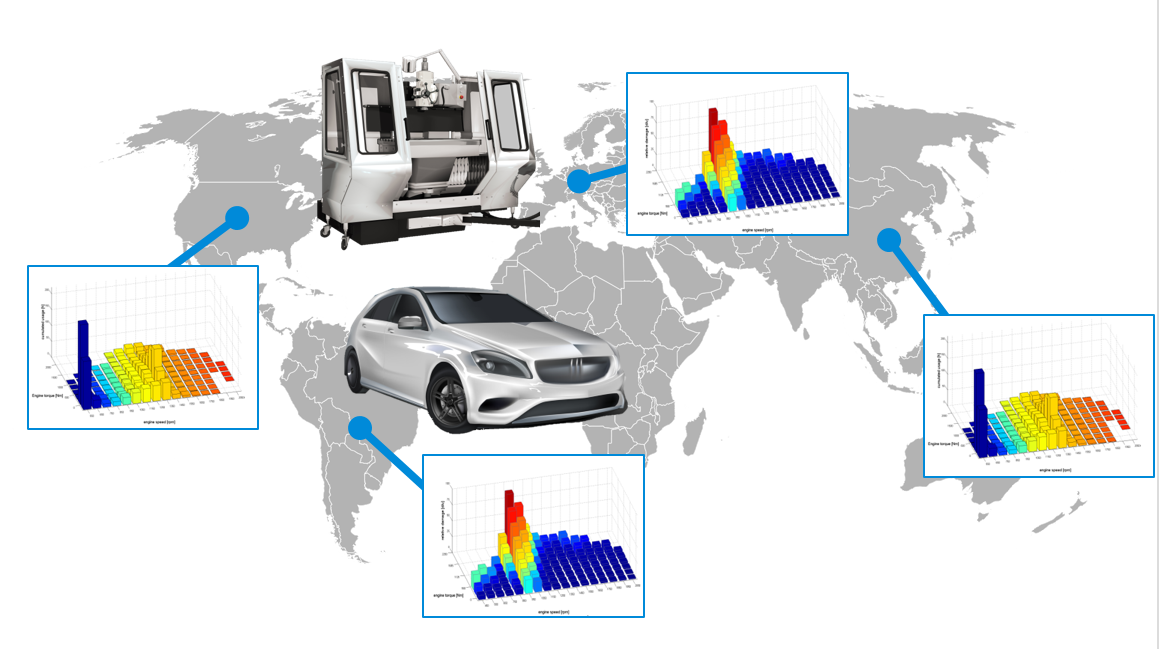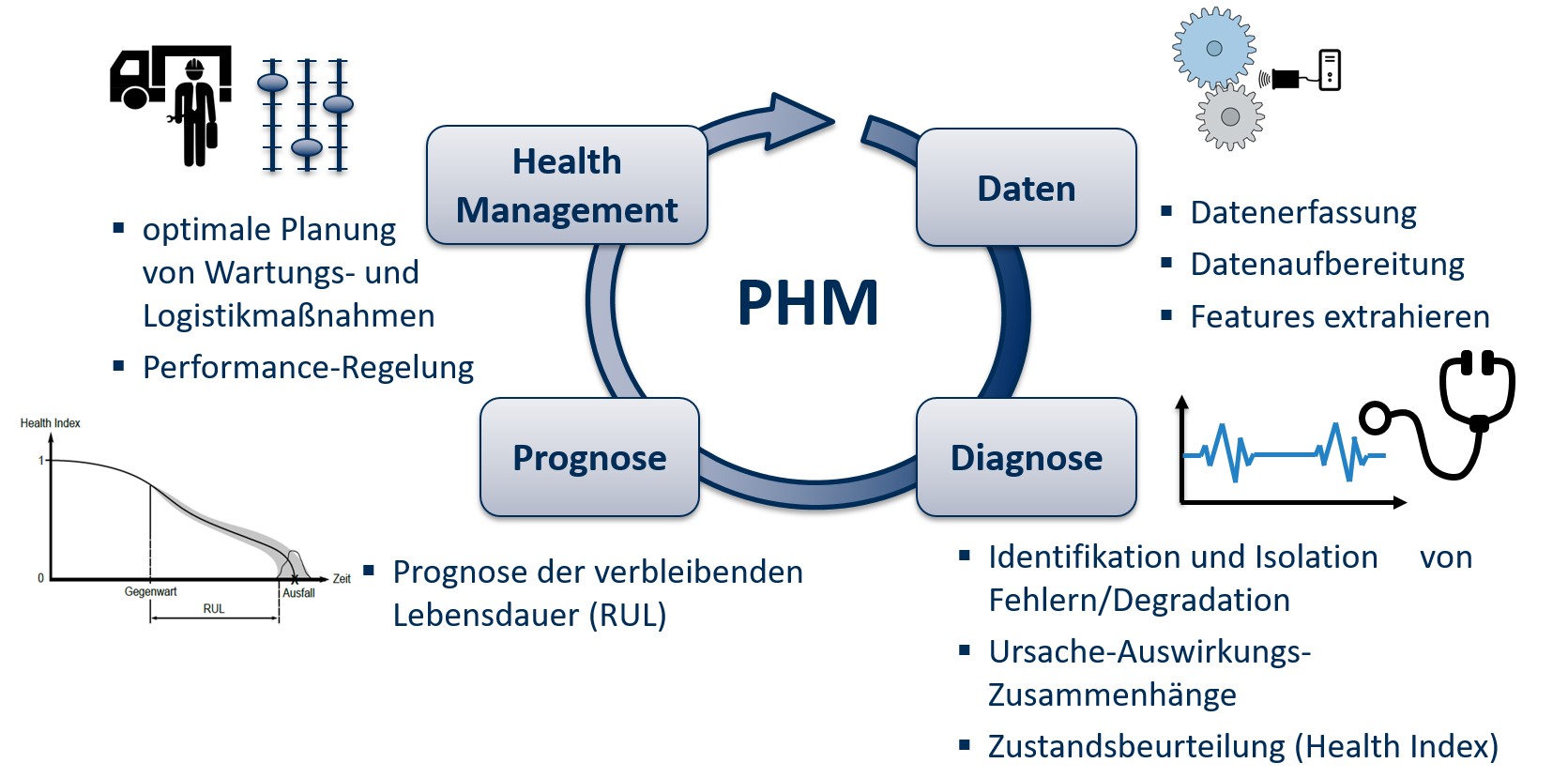Technical reliability aims to describe the failure modes of components and systems. Reliability is understood as the probability that a product does not fail under given operating and environmental conditions during a defined period of time. The development of new products is increasingly characterised by growing complexity and greater functional scope, accompanied by ever shorter development times. In addition, high customer demands mean the demands being placed on the reliability and availability of the products are continuously increasing. Assuring the reliability required is thus of key importance for the success of a product.
Both quantitative and qualitative methods are available to assure the reliability over the whole product lifecycle. The quantitative methods encompass probabilistic reliability analyses, for example. The qualitative reliability methods include the generally established failure modes and effects analysis (FMEA). Methods used in reliability engineering thus allow weak points of a system which already exist during the development phase to be identified and eliminated at an early stage.
One aim of reliability engineering is to compile a quantitative description of the failure mode and to provide proof of reliability for technical systems. Universally applicable statements about the failure mode of a whole fleet can be made on the basis of an analysis of field data and the evaluation of service life experiments and breakdown statistics of individual systems. The data required for this purpose mean that statistical design of experiments (DoE) and accelerated testing are likewise important elements of technical reliability.





